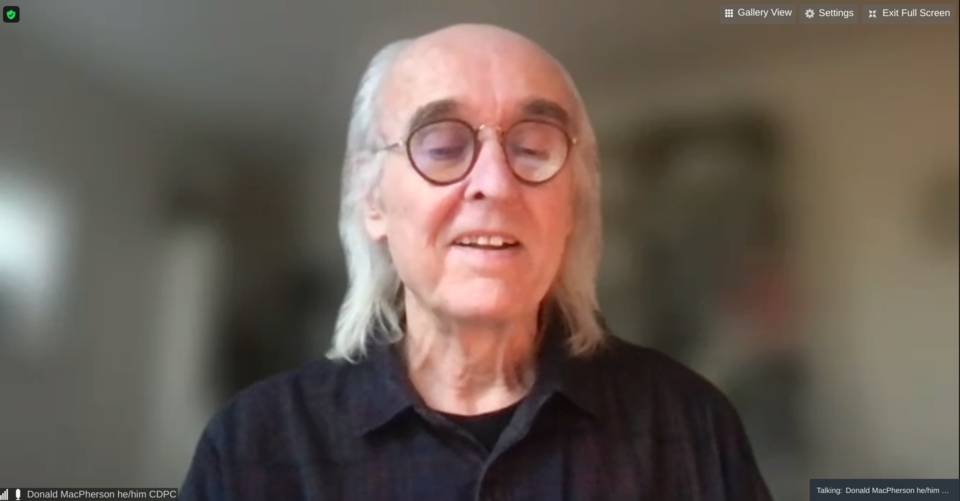The Aurora/Newmarket branch of the Canadian Federation of University Women (CFUW) is calling on local politicians to act on the opioid crisis, after hearing from a national drug policy advocate.
In letters sent to Newmarket-Aurora MPP Christine Elliot and MP Tony Van Bynen on behalf of CFUW Aurora/Newmarket, group president Kathy Wosnick is asking them to urge their levels of government and community organizations to work with all stakeholders to improve support and take action on opioids.
They called on them to implement the Federal Action on Opioids, which came out in December 2020. It involves public health measures designed to reduce harm, addressing toxic illegal drug supply, and providing support to people who use drugs.
This is in response to what has become a deadly crisis across the country.
“Data from the Government of Canada show that there have been over 17,000 opioid-related deaths, and almost 22,000 hospitalizations, in the last four and a half years. Two-thirds of the deaths were attributable to 20 to 49-year-olds and three quarters of these were males,” Wosnick said in her letters.
The letters come on the heels of a presentation to CFUW Aurora/Newmarket on Jan. 25 by Donald MacPherson, director of the Canadian Drug Policy Coalition, a non-partisan, evidence-based policy advocacy organization comprised of more than 50 organizations and 7,000 individuals striving to end the harms of drug prohibition.
“Our vision is a Canada where drug policy is based on evidence, compassion, social inclusion, principles of public health and human rights. That’s what we’re working toward,” he said of the coalition’s work.
He told the CFUW that Canada needs evidence-based drug policies that focus on public health measures rather than prohibition, which fuels an illegal drug market.
MacPherson said it is time to change drug policy in Canada and that involves changing how we think about the drug crisis.
“You see it characterized as an addiction issue and the solutions that come forward are interventions into addiction and the more we go down that road, the lower our impact will be. We’ll be ignoring the other side of the equation,” he said.
While MacPherson said we still need systems in place to help people who are battling drug addiction, the bigger issue is actually toxic drug supply.
“The primary driver of the toxic drug supply is not drug addiction, it’s drug prohibition. So it’s a market size problem, the drug market is so dangerous,” he said.
According to MacPherson, there’s also been a shift in terminology in some parts of Canada when it comes to drug-related deaths, moving away from the term overdose.
“Overdose implies you just took a little too much. That's not really an accurate way to look at it because people don’t know exactly what they’re taking when they’re using an unregulated substance bought at the street level,” he said.
Prohibition of drugs fuels the unregulated market and has also caused more harm than good, MacPherson said. He pointed to examples of drug cartels, conflict, billions wasted on law enforcement, overpopulated prisons, and stigma as some of the harm.
Instead of focusing on the criminalization of substances, he said it’s time to talk about how to regulate and control them.
“We shouldn’t be talking about legal/illegal, we should be talking about how best to regulate these substances and we should be monitoring that regulation,” he said. “We have to get beyond whether we need to do something better, whether we need to. We need to get to the discussion about how best to.”
He said many people from all different industries across the country are raising their voices to call for a much needed paradigm shift.
Wosnick’s letters on behalf of CFUW Aurora/Newmarket join that call and ask for the decriminalization of opioids for personal use, as well as to make treatment more accessible for those in need.
“We ask that you support, encourage and take comprehensive action to mitigate the impact of the opioid crisis for the health and overall well-being of Canadian society,” she said in the letters.
Members of CFUW Aurora/Newmarket and other people who had attended the virtual presentation were also encouraged to write letters to their own local politicians calling for immediate action on opioid policy.



